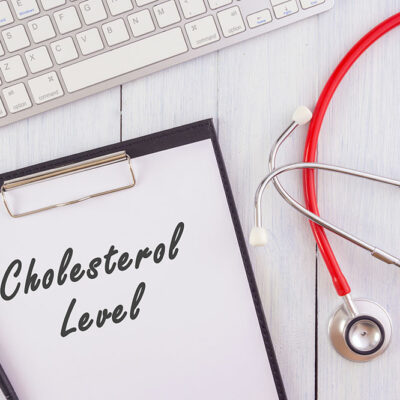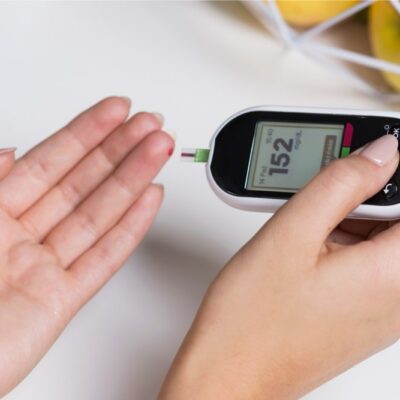Understanding Alzheimer’s disease

Alzheimer’s disease, one of the most serious medical conditions, affects one’s memory, ability to think, language skills, problem-solving ability, mobility, and personality. This disease is a progressive condition that worsens with time. The symptoms and progression rate may vary from person to person, but the trajectory is almost the same for everyone.
Stages of Alzheimer’s disease
The progress of Alzheimer’s disease can be broken down into seven stages.
Stage 1
Cognitive decline does not occur in this stage, and the disease remains undetectable.
Stage 2
During this stage, one starts to forget little things, like where they kept certain things. However, it is hard to detect the condition at this stage as most people start to forget things as they age anyway.
Stage 3
The third stage of Alzheimer’s disease results in forgetfulness, and one may find it hard to concentrate or find the right words when having a normal conversation. Sometimes, work performance also deteriorates.
Stage 4
Early-stage dementia occurs in patients during this time. They start to forget more things, including recent events. Focusing on something becomes harder and they cannot manage to perform challenging tasks. Socialization becomes harder during this period, too.
Stage 5
Stage five is when one starts to forget important things, like their contact information and address. They may also require help with everyday tasks, like bathing, making meals, and dressing.
Stage 6
This is when Alzheimer’s disease becomes completely unmanageable. One may forget the names of family members and friends. They may even forget most parts of their past and recent events. Their speaking ability is also seriously compromised during this stage.
Stage 7
One may lose their ability to communicate or speak during the last stage of the disease. They require help with everything as they also lose their psychomotor abilities.
Diagnosis of Alzheimer’s disease
The diagnosis of Alzheimer’s is possible when the affected person’s family members report the associated symptoms. The doctors can then recommend a few tests to determine if it is Alzheimer’s and which stage of progression it has reached. Neurological and physical exams are performed to determine the affected person’s reflexes, coordination, muscle strength, sense of hearing and sight, and balance. The use of neuropsychological testing and brain imaging are also common to diagnose the disease.
How to prevent Alzheimer’s disease
Even medical experts do not have a clear idea of why Alzheimer’s disease only affects some people and how it progresses. However, one can still do certain things to get the odds in their favor. Conditions such as high cholesterol, type 2 diabetes, and high blood pressure should be treated immediately. Regular exercise can also help maintain physical and mental health, which can lower the chances of Alzheimer’s disease. Keeping weight under control can also help prevent the disease, as obesity is known to change the brain’s functions in certain ways.
The best way to fight this disease is to be aware of its symptoms. Inform the doctor immediately about any sign so that help can be sought.
















